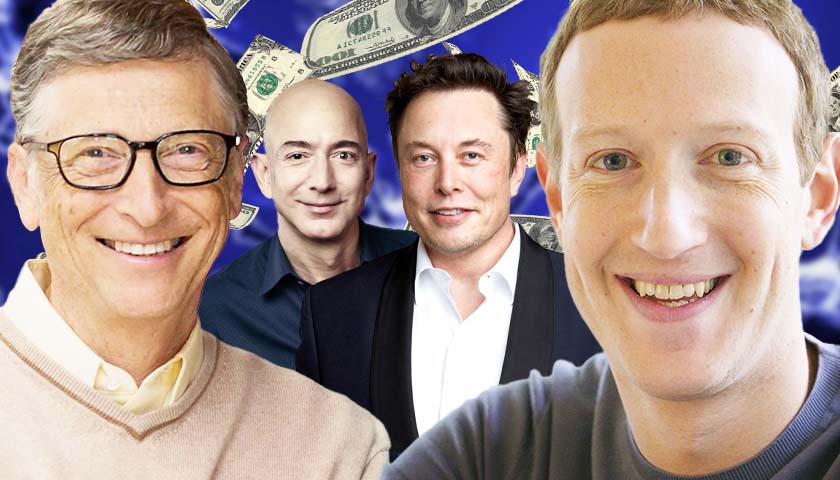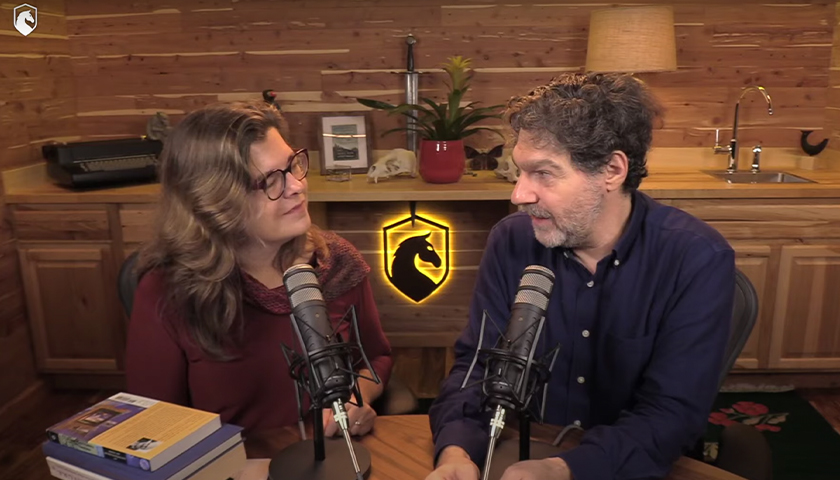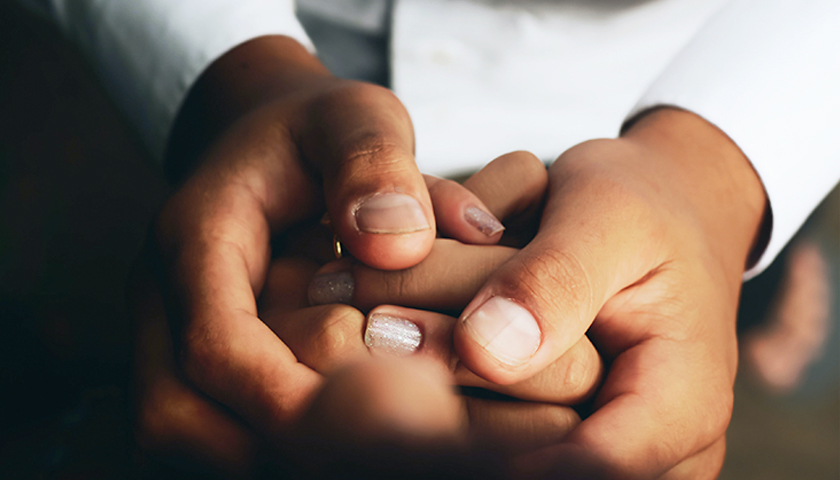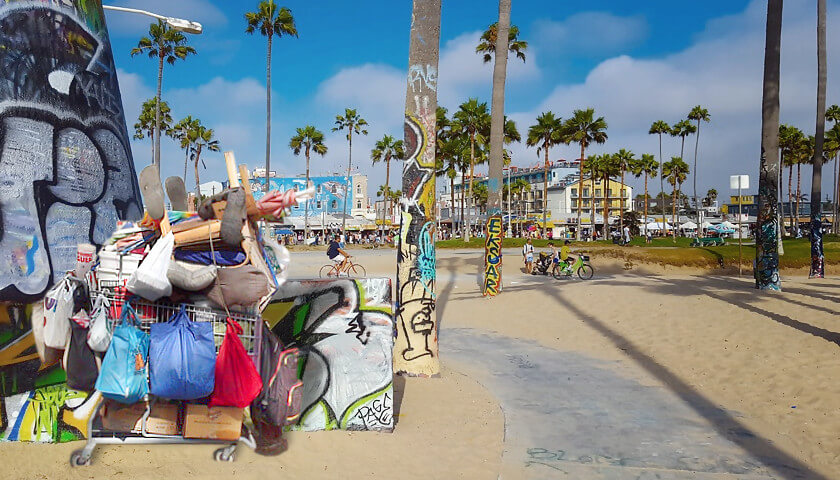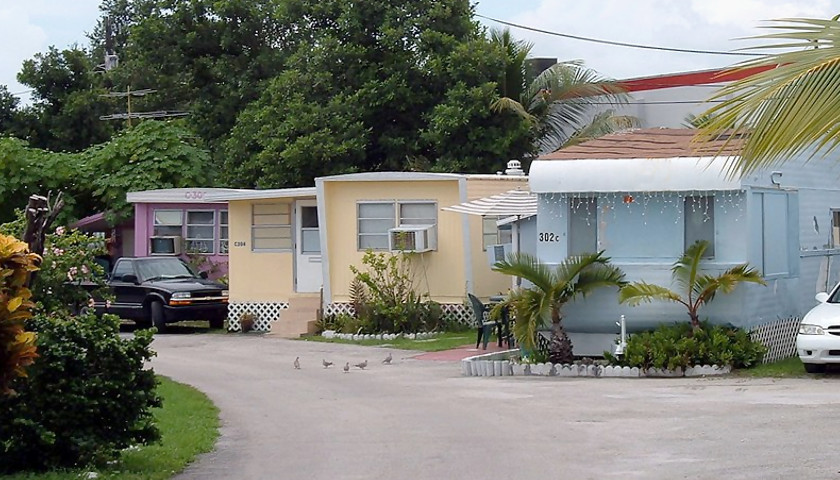A recent report claims that the world’s top 10 richest men all saw their wealth double over the course of the Coronavirus pandemic, while 99 percent of global income dropped dramatically during the same period.
As reported by ABC News, a study published on Monday by the group Oxfam showed that the collective wealth of the top 10 doubled from approximately $700 billion to over $1.5 trillion between March of 2020 and November of 2021. During that same time, over 160 million people fell into poverty as incomes plummeted. The increase for the top 10 in less than two years represented a greater increase for their wealth than their growth over the previous 14 years combined.
The 10 men who were the focus of Oxfam’s study were: Elon Musk, Jeff Bezos, Bernard Arnault, Bill Gates, Larry Ellison, Larry Page, Sergey Brin, Mark Zuckerberg, Steve Ballmer and Warren Buffett. The data for the study was gathered from the World Bank.
Read More
